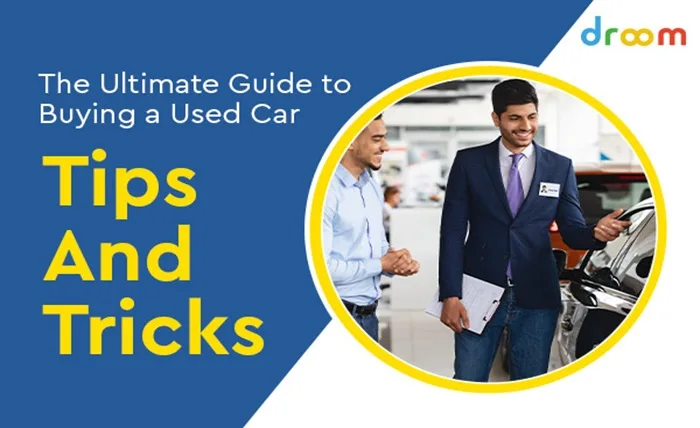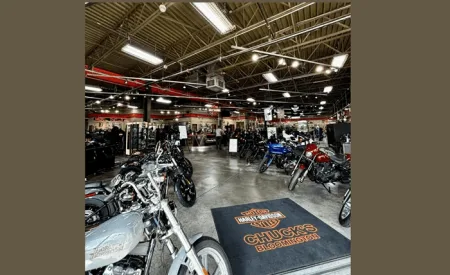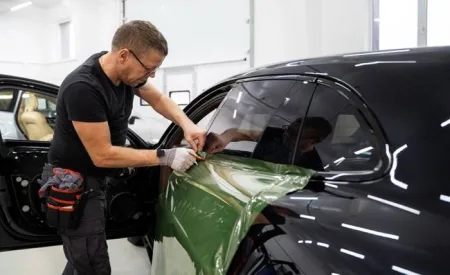Purchasing a pre-owned car might seem overwhelming, but armed with the correct information and readiness, it can become a satisfying endeavor. Whether you’re searching for a fresh set of wheels or aiming to cut costs by opting for second hand cars this comprehensive guide will make the process a hell of a lot easier for you, plus it will ensure you make informed decisions while buying.
We’ve covered you with advice, warnings, and all the essential know-how so you can make the best choice.
1 – What Should be Your Budget?
When purchasing used cars, you’ve got two options: the first one could be either you pay upfront in cash or the second and most followed option, opt for a loan. If you’re leaning toward cash, it’s wise not to exhaust your savings entirely. Don’t forget to reserve cash for registration, insurance, and potential future fixes.
Many choose the loan route to safeguard their savings or afford a more luxurious model. If you’re considering this, the first thing to do is to secure preapproval for the loan. This step can streamline the buying process and give you an upper hand at the dealership.
To figure out your initial deposit and monthly payment capacity, you can use an auto loan calculator. This will help you crunch the numbers for payments and the loan duration. It’s advisable to aim for approximately 10% of the purchase price as your down payment, as this can help reduce the amount you’ll need to borrow. Moreover, budget so that your monthly automobile expenses—like the car payment, fuel, and insurance—don’t surpass 20% of your monthly take-home pay.
Remember to factor in the overall cost of ownership as well. Some cars appear more affordable initially, but expenses could increase due to insurance, maintenance, repairs, and depreciation.
2 – Choosing The Right Vehicle
Now it’s time to consider whether you’re after relatively new car models like 2019-2022 or older versions from 2015-2018. Both choices come with their own set of pros and cons. Opting for a newer car means enjoying the latest features, warranties, and a reassuring sense of security.
Conversely, older used cars are more budget-friendly, often have lower insurance expenses, and can still be in top-notch condition. Take the time to weigh both options and make a well-informed decision that aligns with your requirements and financial plan.
3 – Getting Informed and Ready
To make a choice you don’t regret later, start by familiarizing yourself with the various factors that play a role in this process. Being well-prepared and conducting thorough research is crucial in securing the perfect used cars for your everyday needs.
You should also consider connecting with online car forums to gain insights and input from fellow car enthusiasts.
4 Finding the Right Platform and Selecting the Car
When looking for used cars that won’t embarrass you by getting stuck on the road, make your way with a reliable buyer; you’ll find zillions of websites offering listings, some even equipped with handy car-buying apps for your smartphone. You can filter out thousands of options by budget, car model, model year, and transmission.
Select the car you like the most, make sure to check all the pictures, and contact the owner (you can get the number from the website you are visiting) to make sure there is no major work to be done.
Take into consideration these online options for car shopping:
- Online marketplaces let you gather listings from various online retailers, dealerships, and occasionally private sellers nationwide. Once you spot a listing you fancy, they provide you with the seller’s contact details.
- Online auto retailers enable you to complete the entire purchase process online. These retailers possess their inventory and occasionally offer return policies if you’re unsatisfied with your purchase.
- Conventional private-party sales platforms like Facebook Marketplace are popular choices if you’re in the market for a used vehicle from an individual seller. Sellers often aim for a quick sale, which could lead to great deals, but exercise caution with potential scammers.
5 Get the Car Checked by a Professional
Always trust the professional! Before sealing the deal, it’s crucial to have the car inspected by a trusted mechanic. This step will give you a clearer picture of the car’s overall condition and any potential issues lurking beneath the surface. Don’t hesitate to request the seller’s permission for an inspection, and if they’re reluctant, take it as a warning sign.
Keep an eye out for the following for yourself, too:
A look at the inside – Look for any signs of damage, wear, or tear on the car’s exterior and interior. Watch out for scratches, dents, body rust, or other problems impacting the car’s performance or value.
How much it gives? – Verify the car’s mileage by checking the odometer and service records. Ensure that the mileage aligns with the car’s age and condition.
Documents and other things – Ensure you review all the necessary documents, including the registration, title, and service records. Confirm that the seller has all the required documents and that they are current. Also, check that the car has all the keys and remote fobs.
Conclusion
Buying your first car is a thrilling experience brimming with opportunities. With the guidance and advice provided in this guide, you’ll be well-prepared to make a savvy and good investment while you buy a second hand car. Remember to thoroughly test all the car’s features and functionalities, and be ready to negotiate during the deal-making process.



